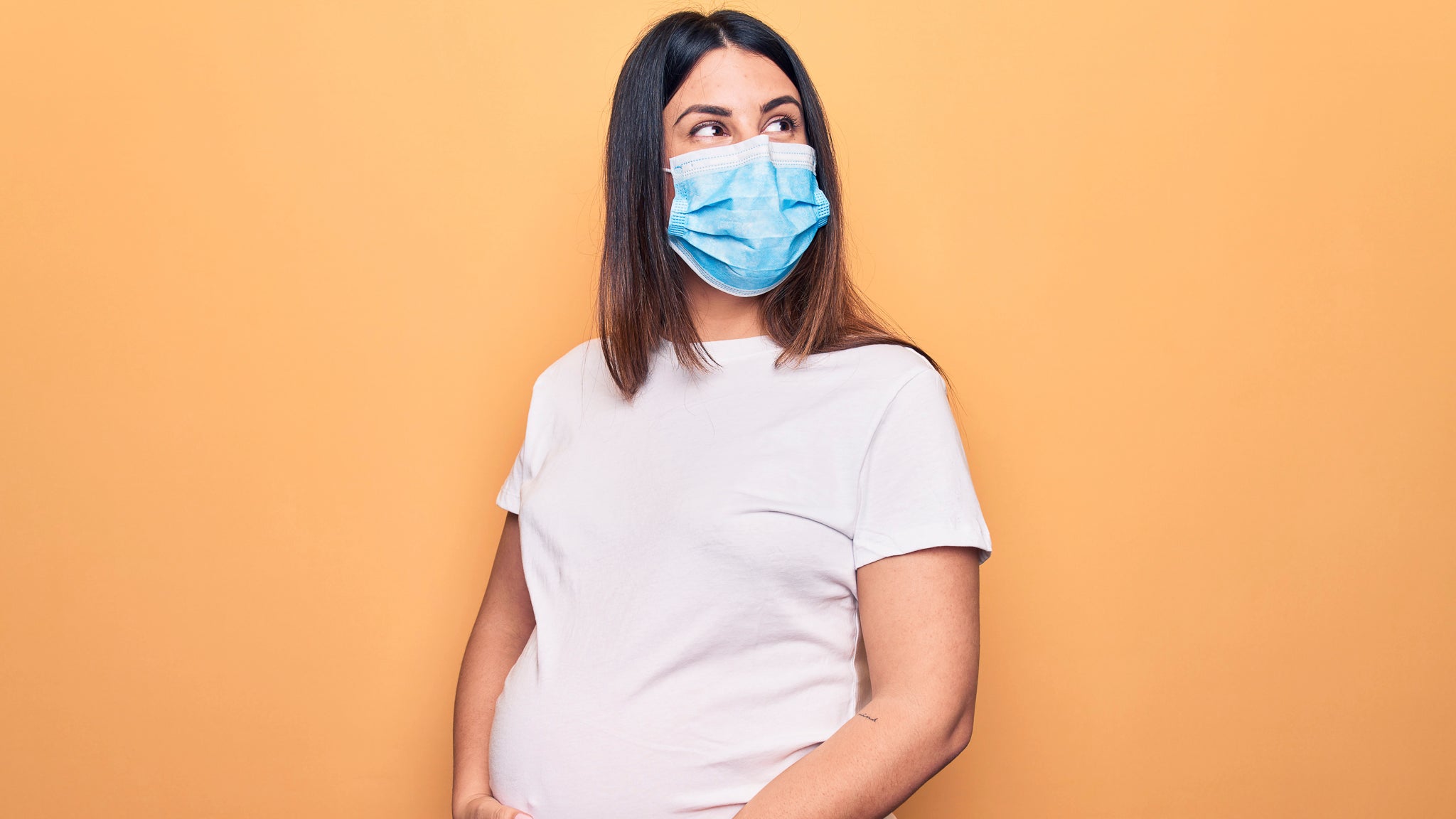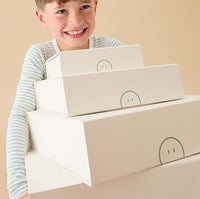Understanding the coronavirus and pregnancy

If you’re pregnant, you may have some concerns regarding the coronavirus (COVID-19) and how this could affect you. The Royal College of Obstetricians & Gynaecologists, in the UK, has released a report on how the pandemic affects pregnant women and how you can keep you & your baby safe.
Below, we have outlined the main points from the report, but for more information search ‘Coronavirus (COVID-19) infection and pregnancy ‘ on the RCOG website. The report has been put together by medical professionals including obstetric doctors, midwives, pediatric doctors, and anesthetists. The guidance found within the report will be under continuous review as more information regarding COVID-19 is released.
The situation is unfolding day by day and therefore we advise that you seek professional medical advice and keep up to date with information regarding the coronavirus in your area.
advice for pregnancy
If you are pregnant and have symptoms of COVID-19 or have recently returned from an area of the world with an increased risk of the transmission, you should contact your doctor or OB/GYN.
All available evidence suggests that pregnant women are at no greater risk of becoming seriously unwell if they develop coronavirus. There is also no evidence that it will increase the risk of miscarriage.
Emerging evidence suggests that transmission from mother to child is possible during pregnancy or birth, but in all reported cases of newborn babies developing the virus soon after birth, the babies are all well. Equally, there is no evidence to suggest that the virus will cause developmental problems in unborn babies.

Even during the pandemic, it’s very important that if you have any concerns about yourself or the baby, you contact your doctor, midwife or obstetrician. This is especially important in the first trimester - any unusual symptoms such as pelvic pain, cramping should be reported. The healthcare professionals will be able to advise whether a visit to the hospital is necessary. Whilst hospitals are trying to minimize admittance, they are organized in such a way that they are able to provide acute services safely.
A recent study has shown that so far all women who became seriously ill with the virus were in their third trimester. This emphasized the importance of more stringently practicing social distancing from 28 weeks of pregnancy.
If you are pregnant and have been advised to self-isolate due to contracting the virus, the guidelines recommend:
- Stay indoors and avoid contact with others for at least 14 days
- Delay routine appointments such as growth scans or tests
- Avoid public areas such as work and health settings
- Don’t allow visitors
- Ventilate the rooms by opening windows
- Separate yourself from other members of the household as much as possible and use separate towels, crockery, utensils, etc
- Ask friends and family to get supplies and run errands, ensuring they leave delivered outside for you
advice for birth
The healthcare system has made arrangements to ensure that women are supported and cared for safely during birth.
You should still be able to have at least one birthing partner present during labor and birth but check with your local maternity unit. However, if this partner has symptoms or has tested positive for the virus they won’t be allowed into the maternity ward.
Advice for birthing if you have a suspected or confirmed case of the coronavirus infection:
- Currently, pregnant women with coronavirus are being advised to go to maternity units for birth, where mother & baby can be monitored continuously.
- Medical professionals will follow your birth preferences as closely as possible.
- There is currently no evidence to suggest a C-Section is safer, but it may be recommended if you are very unwell.
- The use of a birthing pool in the hospital should be avoided

advice for post- pregnancy
There is no evidence to suggest that women who have recently given birth are more likely to contract the virus or become seriously unwell if infected. Children, including newborns, do not appear to be at high risk of becoming seriously unwell with the virus either, but close observation of hygiene is recommended for members of the household and any visitors if permitted.
If the mother has tested positive for the virus, the report states:
- This is a new virus, so there is limited evidence - a small number of babies have been diagnosed with coronavirus shortly after birth, so there is a chance the infection occurred in the womb, but it is not certain whether the transmission was before or soon after birth.
- Provided your baby is well, you will be able to have skin-to-skin contact.
- There is no evidence to suggest that the virus can be passed on in breastmilk and the benefits of breastfeeding still outweigh the potential risks if you choose to breastfeed.
- Wash your hands before touching your baby, breast pump or bottles
- Try to avoid coughing or sneezing on your baby
- Consider wearing a face mask to minimise the chance of transmitting the virus

concerns and worries regarding the virus
As expected, you might have concerns surrounding your pregnancy or baby. COVID-19 is a new virus, which means healthcare professionals are learning more about it each day, which is why it’s so important to keep up-to-date with the latest advice.
If you have any concerns, do not put off seeking medical advice, you can contact your midwife, doctor or obstetrician for more information.




